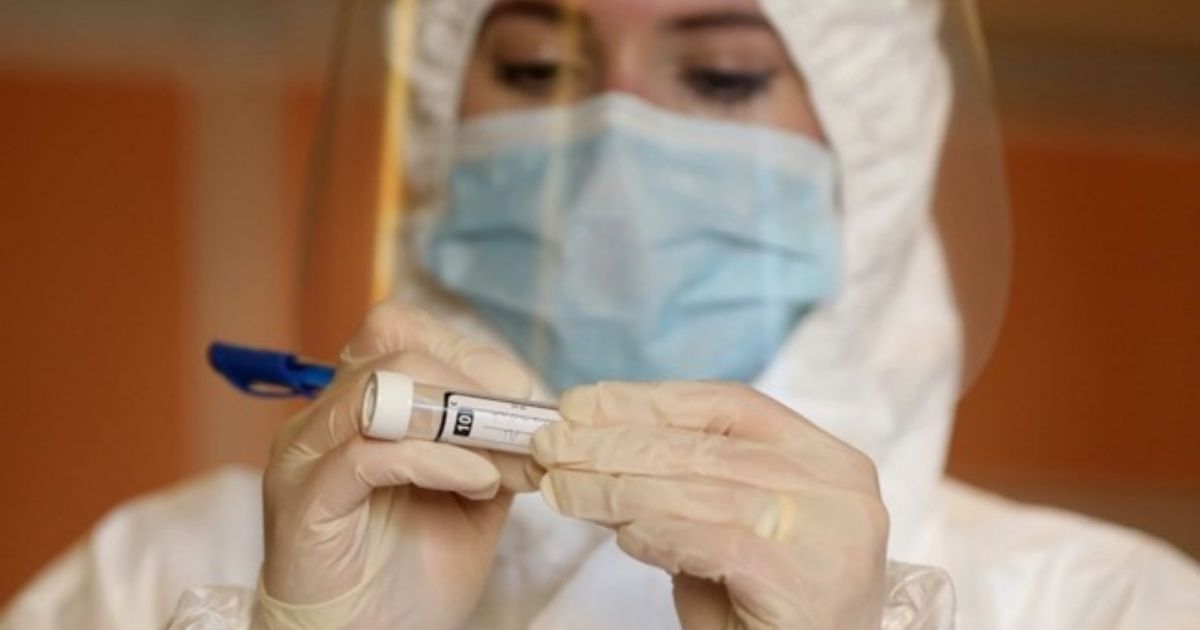On Friday, the Lebanese Parliament passed a law to make possible the purchase and import of the Pfizer-BioNTech COVID-19 vaccine.
Earlier this week, it appeared that a new law had to be drafted before Lebanon can receive the COVID-19 vaccine from Pfizer or any other company, even though the government was expected to have already made a deal to obtain the vaccines as soon as a month from now.
However, issues manifested over who would be held responsible for complications related to the potential side-effects of the vaccines.

MP Assem Araji, head of Lebanon’s Ministerial Health Committee revealed on Monday that Pfizer required a law from the Parliament in order for Lebanon to receive the vaccines.
Lebanon resolved the issue quickly, passing a new law to ensure the firms’ protection from lawsuits and bearing responsibility in case of potential side-effects.
“In case of any defect in manufacturing or production by companies, [the firms] bear the responsibility, even within the period of emergency use, and during this period the Lebanese state bears the responsibility for treatment and compensation,” explained Araji.

Meanwhile, Lebanon’s very own Health Minister, Hamad Hasan, and Health Ministry staff members recently tested positive for the coronavirus.
From bed rest, Hasan thanked the Lebanese Parliament for approving “this modern health law that keeps pace with scientific achievements and secures them for the Lebanese people despite all the complicated circumstances, so that their safety remains a priority.”
As the Lebanese await the arrival of the much-needed vaccine, Lebanon has been preparing over 30 vaccination centers across the country.
Lebanon has currently entered its second day of the new 11-day lockdown with a strict curfew requiring people to remain inside at all times.
We have a dedicated coronavirus section where you can find the latest news/updates about the pandemic in Lebanon, inform yourself with WHO-verified resources, and track the number of cases in Lebanon in real-time. Click here.

















